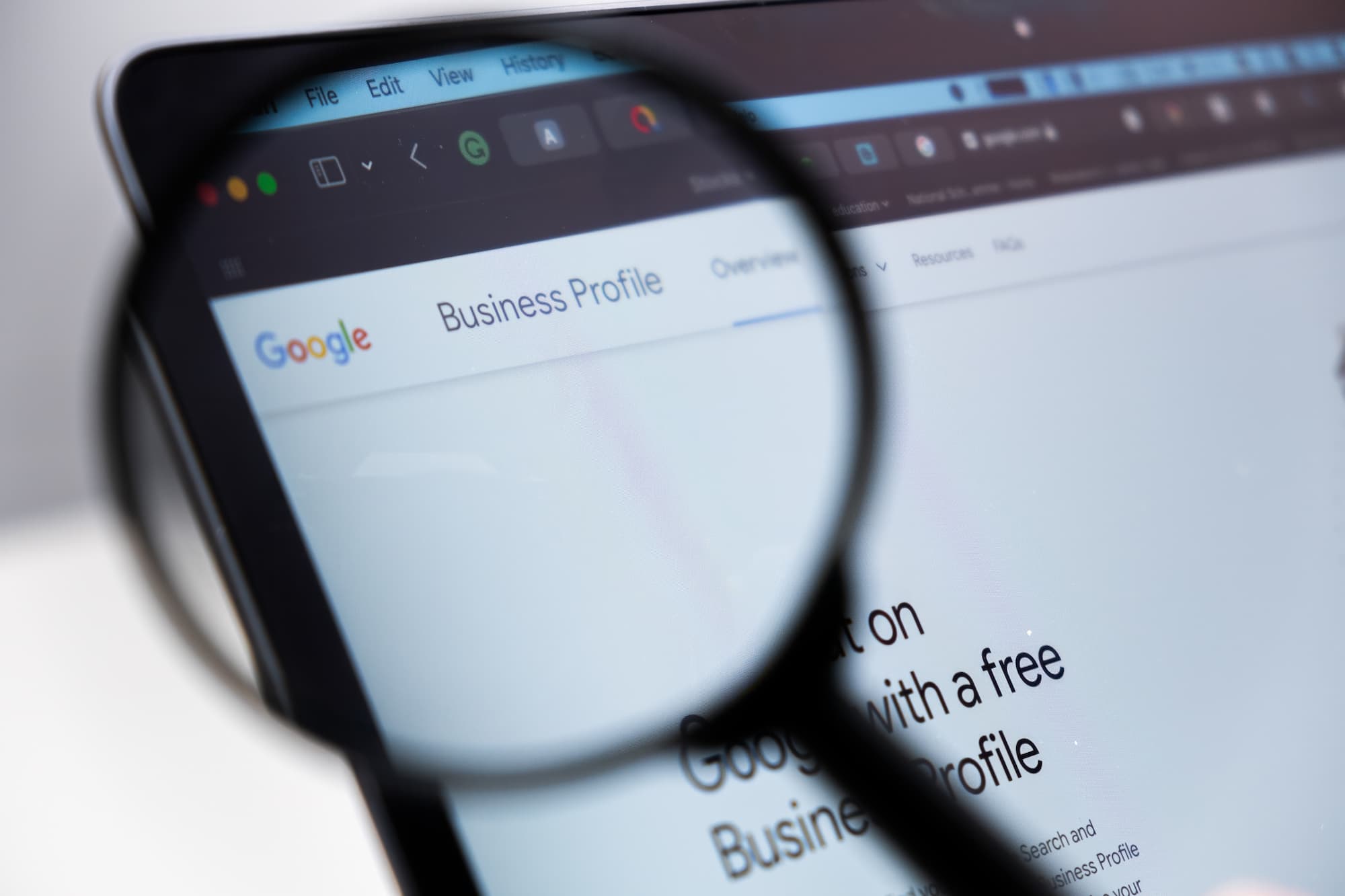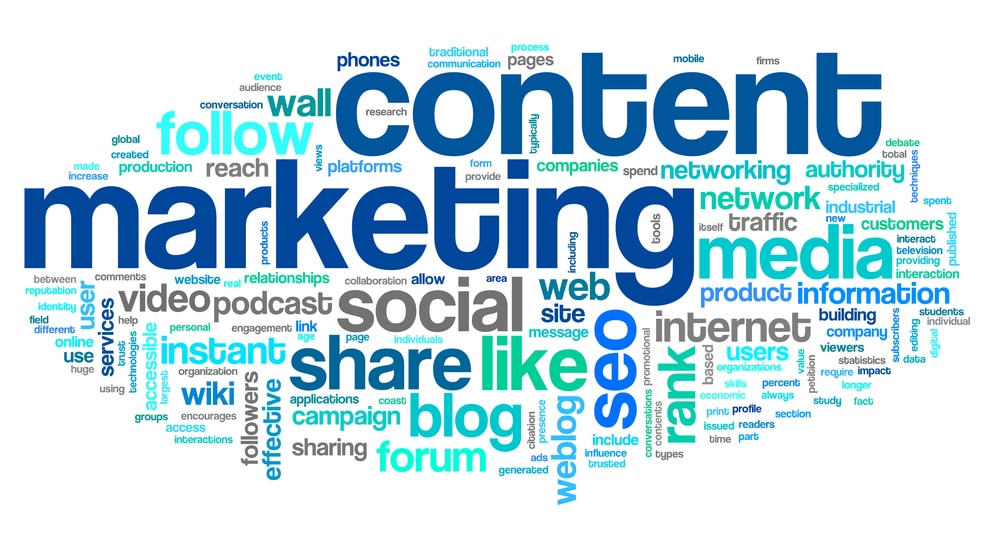What is Social Media Crisis Management?
February 15, 2023Things move extremely fast in the world of social media, and for business owners and social media managers, one example to be wary of here is the social media crisis. Many businesses will find themselves in some kind of such crisis, often accidentally, but like many other issues that may crop up within a marketing and advertising plan, being prepared for this in advance and knowing how to manage the situation pays off in several ways.Â
At SEO Werkz, our team of social media marketing experts has helped clients handle a variety of social media crisis issues throughout our years in business. Not only do we assist clients with responding to such issues in the proper ways, we help them ensure they're prepared for such possible events before they ever take place, minimizing both hassle and expense if such a problem does occur. Here's a primer on what qualifies as a social media crisis, how they sometimes arise, and how to prepare for, avoid and manage them.Â
What is a Social Media Crisis?
For those who are just setting up social media profiles for a newer business, or for those who have limited experience with social media in general, you may be wondering precisely what a social media crisis even is.Â
Social Media Crisis Basics
Simply, this is defined as any social media activity that potentially hurts your brand's reputation or sales, especially if they're realized through the widespread sharing of your company's content. Be aware that a "crisis" will refer to more than just a single negative comment or complaint; rather, it will encompass a widespread awareness of this issue on social media.
It's also important to note that while some social media crises are controllable and come about due to mistakes made by company employees or public relations staff, some are the result of social media users actively seeking out your brand's profiles on their own and posting negative or unfavorable content which you may not be aware is occurring. That is, you can't always control a social media crisis -- and even if you've done all the right things, you need to be prepared for the possibility that one could happen. We'll go over this later.Â
Common Causes of Social Media CrisesÂ
There are a few common ways businesses find themselves in a social media crisis, including:
- Insensitive or out-of-touch commentary: One of the most frequent precursors to a social media crisis, this kind of commentary is usually made by a business owner or public relations staff member, but may come from someone else who has access to the brand's social media profiles. Statements will sometimes be made on the social media channel itself; in other cases, video or other evidence of the statements will be posted on social media profiles by other users.
- Insensitive marketing efforts: While marketing efforts are meant to bring in new or potential customers, sometimes these can backfire spectacularly. A common example of this would be a marketing campaign that made light of a sensitive topic or issue, especially when this occurred on social media. For example, an otherwise innocuous online advertisement for a cleaning product may seem innocent to many viewers, but those who have experienced the death of a loved one as a result of germ exposure may find this ad insulting and "insensitive" in light of their personal tragedies.
- Image problems: Let's say you run a company that manufactures food products, and you've recently been cited by the FDA for some kind of health code violation, or perhaps you've been found to have used some kind of undisclosed additive that could be harmful to your customers' health. If this information is made public and social media users begin sharing it widely, then you may find yourself in a crisis situation as many people come forward to question the safety and quality of your food products.
- Employee error or bad behavior: Sometimes, an employee of a company will post something online that draws widespread attention -- this might happen on social media or it could involve another type of public forum. For example, if one employee posts negative remarks about her manager online (perhaps even tagging their place of business), she may be setting the stage for a social media crisis because others may re-post her comments or continue to spread them after she's left the company.
- Site outages or broken links: For larger companies in particular, a crisis may even arise simply because users are unable to access your website or find content they're looking for. Site outages can sometimes occur as a result of high traffic, but even broken links or outdated information may create confusion among visitors and give rise to accusations that the company is no longer operating effectively.
Importance of a Proactive Approach to Social Media Crises
As we noted earlier, not all social media crises involving your business can be controlled. Even if you're adhering to all basic best practices within social media, you could find yourself in a crisis you didn't even cause -- and being prepared for this potential reality in advance is highly beneficial to businesses.
Crafting a Detailed, Comprehensive Social Media Policy
One of the single most vital areas to focus on when taking proactive preparation efforts for possible social media crises: Maintaining a comprehensive social media policy across your entire company, one that's been carefully crafted to ensure that you're adhering to best practices for social media use, including setting of guidelines and standards of behavior.
Many companies don't even have official guidelines in place -- which means that employees are free to post on social media channels without any oversight or training around their interactions with customers, online or otherwise. This can be a risky proposition for your company, especially given that social media users are encouraged to "speak up" if they find content troubling.
Not only do there need to be strict, specific rules on which employees have access to company social media accounts, but there may also be room for stricter controls of your social media messaging, including the use of sensitive keywords. Anyone who has access to company profiles must be trained in terms of how they interact with social media users online, too.
Elements of your social media policy should include:
- Copyright guidelines: This is particularly relevant when it comes to YouTube, as users may find themselves in a crisis after uploading a video that was taken from another company's website. In most cases, the social media manager will have no idea that this has happened and you could be facing a crisis -- so standard copyright guidelines should generally apply across all channels, offering detailed information about how employees can use social media in reference to company content.
- Confidentiality rules: Even if you're a completely open and transparent company, there is still room for confidentiality guidelines and they should be included in any social media policy or training that you offer. Whether an employee is discussing new products before they go to market or comments on the actions of another executive at the company, it's vital for social media managers to understand when confidential information can and cannot be shared.
- Privacy guidelines: Employees need to be trained on how to interact with customers online, plus when the time is right to move a conversation from a public forum into a private channel.
- Brand and voice guidelines: In addition, brand guidelines should be set that instruct social media managers on how to keep the company's voice intact across all channels.Â
Ensuring Real Consequences
Setting up a social media policy is fine and good, but your employees need to know that it will be followed. There should be a specific system of consequences in place for any social media managers who do not adhere to the guidelines you've established (plus procedures for escalated issues).
Regular Training
One important way that companies can educate employees on the need to follow these guidelines is through regular training sessions. This may be formally included into job descriptions, or it may just become part of your company's ongoing commitment to refresher courses. Having social media guidelines in place is one thing, but training employees on how to apply them -- including role-playing various crisis situations they may encounter online -- is an effective way for companies to face the issue head-on and equip their staff to manage social media crises when they do arise.
Secure Passwords
In some cases, a social media crisis can arise due to hacking or other forms of unauthorized access to social media accounts. Implementing a strong password policy that requires employees to periodically change their passwords and keep security information private can help reduce the risk of hacking incidents.
Regular Monitoring
You should implement a system where all content posted to social media accounts is monitored on a regular basis. Even if you trust your employees, it's possible for issues to crop up that they are unaware of -- so have a clear procedure in place where any questionable content can be flagged and brought to the attention of company executives for review.
Managing a Social Media Crisis
If you've prepared yourself and your employees well in advance, management of an actual social media crisis that takes place will be far easier than if you're just entering a full-blown crisis blind. That said, you'll still have to take some important actions during the crisis itself if one comes up -- here are some basic elements to be sure you feature.
Pause Scheduled Posts
During any kind of social media crisis, it's important to think about how any content you put out will look to your followers. If you're right in the middle of a firestorm, it will typically look weird for your company to keep posting scheduled posts that have little or nothing to do with the crisis at hand -- in some cases, in fact, doing so will make it look like you're trying to bury the issue.
For this reason, we generally recommend that social media managers pause any scheduled posts they have in the pipeline and only post those that are directly relevant to issues surrounding the crisis itself.
Post an Initial Response
In many cases of a social media crisis, it will be prudent to post an initial response to the issue in question in a timely manner. This will typically be a brief statement from the company's official social media account that confirms there is a problem and gets across basic details about what's going on. You should also confirm that you're actively investigating the issue and provide some idea of what you plan to do once the investigation is complete.
In some cases, a social media crisis will have an impact on your business that goes beyond just customer relations -- for example, if there's a data breach or other serious concern about security issues stemming from a hacking incident. In these cases, it's also important to provide as much information as possible, as soon as it becomes available. This should include details about what happened and why, how many people may be affected, and any steps you plan on taking to make up for the damage you've caused.
Engage in Friendly Ways
Once your initial response is out, it's time for your staff to work on more in-depth messaging -- and this may involve engaging with other users who are tweeting about the crisis. In these cases, it's a good idea to acknowledge the user and let them know you're working on a solution, plus to engage in friendly ways only.
Do not argue with people about their opinions or complaints, no matter how bad it gets. Doing so will only make you look bad and can escalate into threats -- plus, these kinds of exchanges don't actually do anything to resolve the issue at hand.
While responding in friendly ways can be tough during an actual social media crisis as things start to heat up, these types of interactions do serve an important purpose in that they show your customers that you're actively taking action on the issue.
Maintain Internal Communication
A vital part of your company's social media crisis response plan should involve communication with your staff members. This means having a clear social media crisis communication plan in place and following it to the letter so that everyone knows who's responsible for handling what issues, whether they're based on accounts concerns or something else entirely.
Debrief and Takeaways
Finally, once a social media crisis has been resolved, it should be used as a learning experience to avoid future issues. Debrief the incident with your staff and determine what went wrong, why it went wrong, what could have been handled better, and how you can fix these problems so that they never happen again.
This debriefing should extend beyond just your team members to include your customers -- for instance, if there was an issue because of your company's lack of social media crisis management planning, you may want to work with your team to put together a plan for future crises.
For more on social media crisis management within the realm of digital marketing, or to learn about any of our SEO or other online advertising services, speak to the pros at SEO Werkz today.






